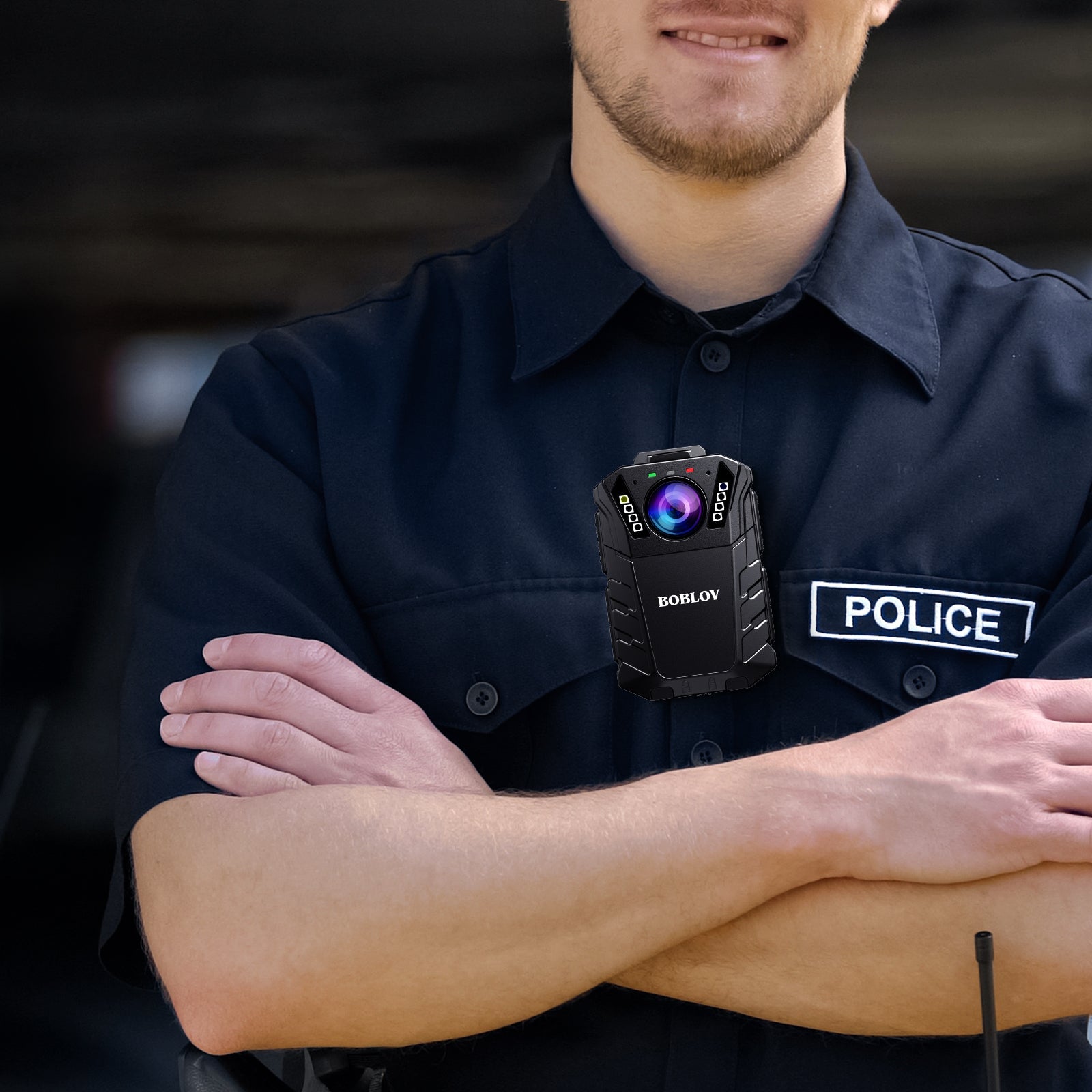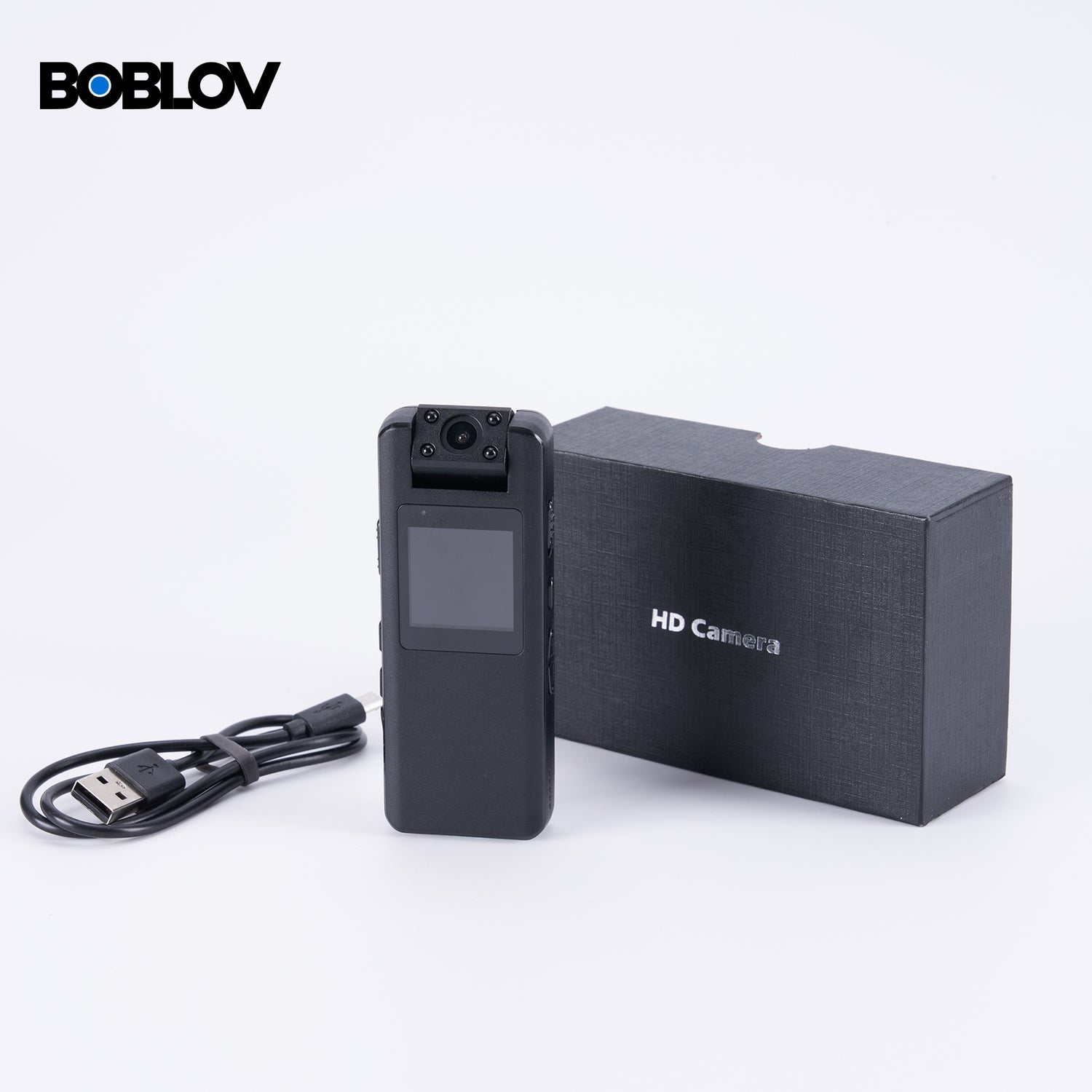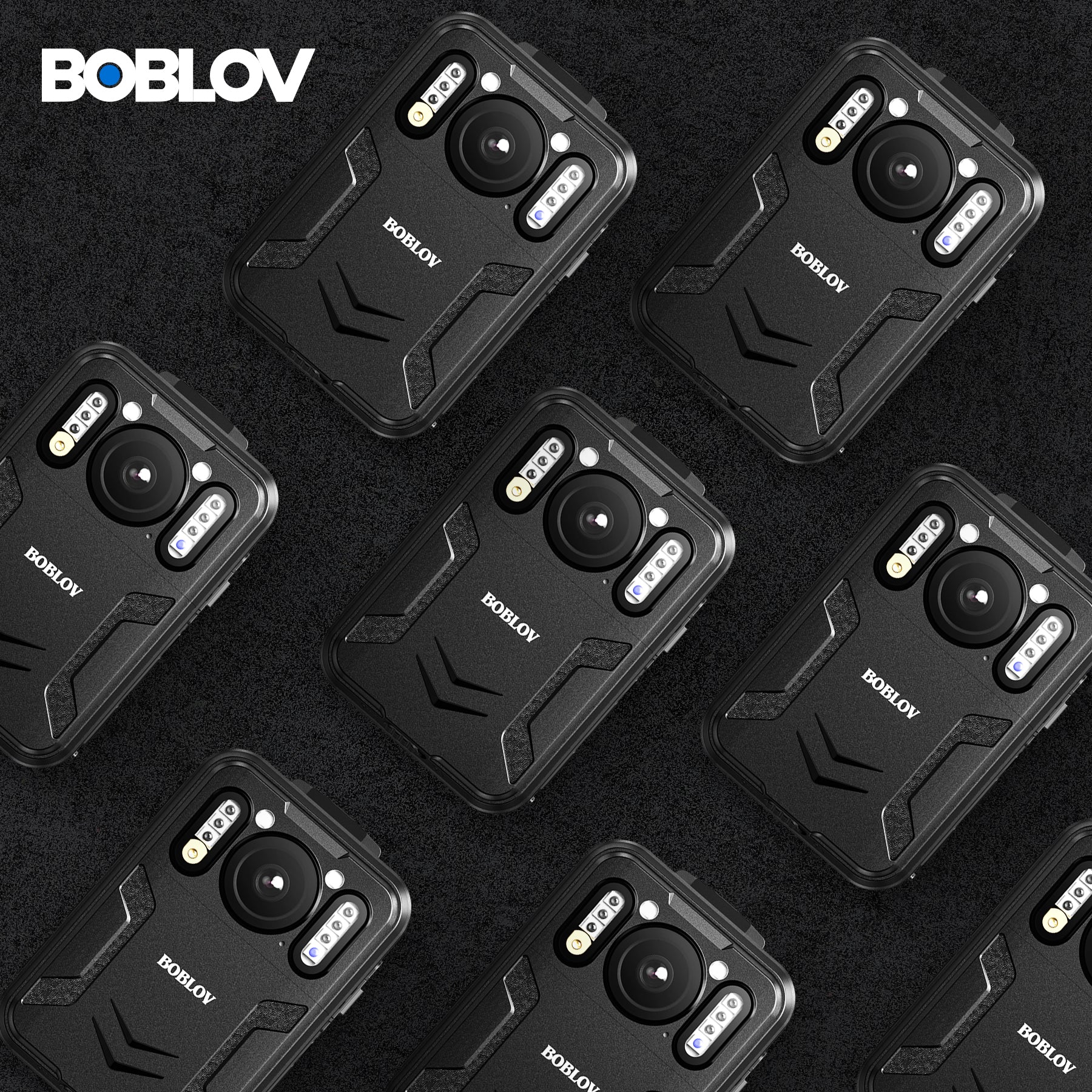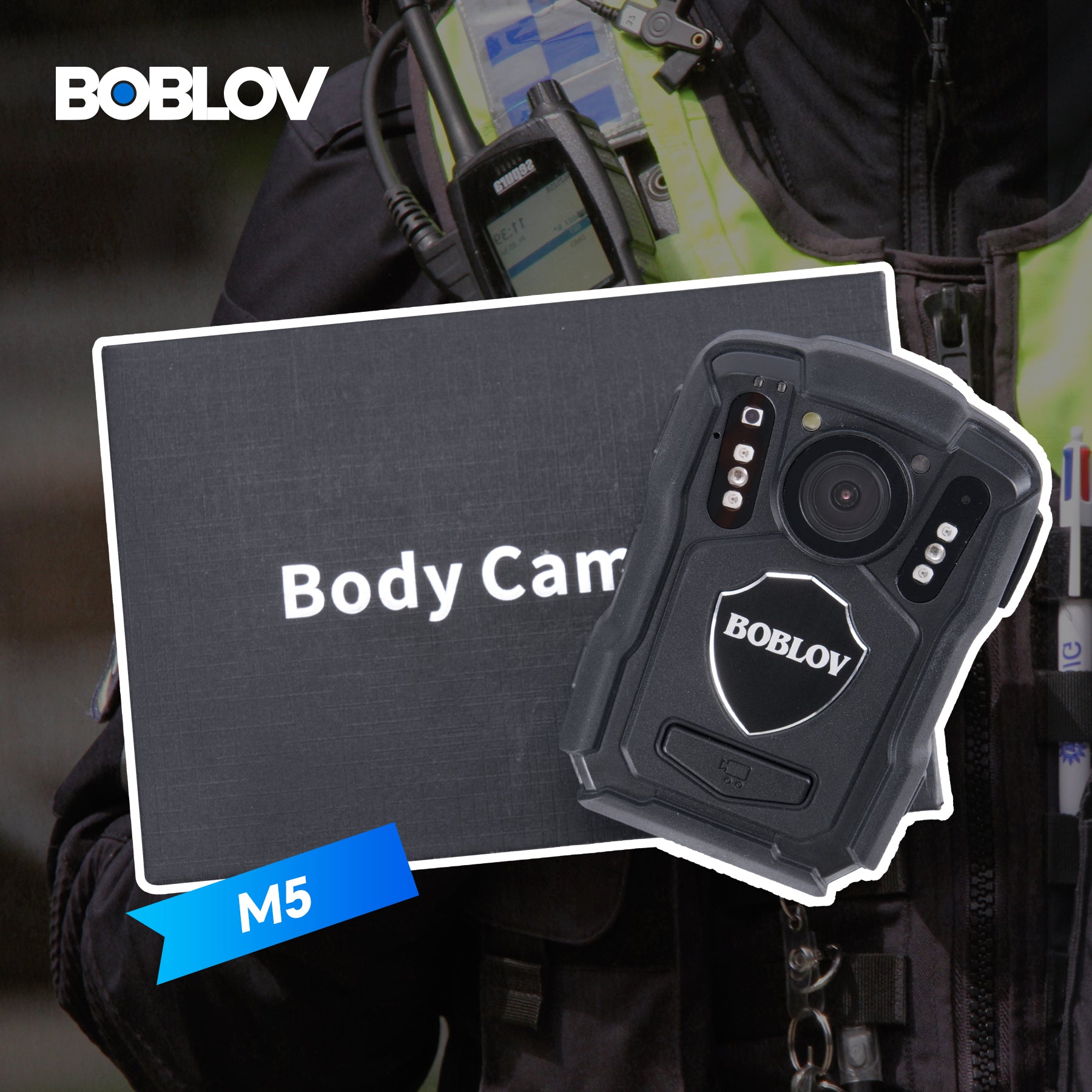The Evolution of Law Enforcement: From Handwritten Notebooks to High-Tech Gadgets
The Advent of Video Recording Devices in Law Enforcement
The journey of law enforcement through the ages has seen significant shifts in technology. From the time when beat cops walked their patrols with only a whistle and a notebook, advancements have transformed their toolkit. Video recording devices, such as mini camcorders, became pivotal. They offer a new way to document encounters and gather evidence. With the police body cam price becoming more accessible, departments across the United States have outfitted officers with this tech. These cameras on video capture interactions in real time. Tools like the BOBLOV body cam are now common, marking a new era in policing where technology meets security.

Technological Advancements in Body Cameras and Surveillance Tools
Law enforcement tools have come a long way. Today's police use high-tech devices. Mini camcorders and police body cams are standard. Brands like Boblov offer advanced body cams. These gadgets capture high-quality video evidence. Tech upgrades have improved storage and battery life. They've also made the cameras tough and reliable. Wireless tech allows easy video uploads to databases. New features aid in managing and sharing footage. These tools arm officers with vital visual records.
Ethical and Legal Considerations in Video Surveillance
Balancing Privacy and Security: The Dilemma of Modern Law Enforcement
Modern policing faces a tightrope walk between two key values: privacy and security. This balance is tested by the use of video cameras, like mini camcorders and Boblov body cams. These tools can deter crime and gather evidence. Yet, they raise concerns about citizens' right to privacy. The challenge is to ensure safety while respecting personal freedoms. Law enforcement agencies must set clear rules on camera usage. The goal is to protect both the public and privacy rights. We must ask: Are the benefits worth the potential privacy costs? This question is vital as we rely more on police body cams and video surveillance.
Regulatory Framework for Police Cameras in the United States
In the US, police body cams are governed by complex laws. These laws aim to respect both safety and privacy. Each state has its own rules for using these cameras. This creates a patchwork of policies across the country. Federal guidelines suggest when officers should record. The policies cover data storage and public access to footage. There are debates about when officers must turn cameras on. Lawmakers and courts often update these legal frameworks. They seek to balance the benefits and rights involved. Thus, the regulation of police body cams is an evolving subject.
The Future of Policing: Predictions and Trends
The Role of AI and Machine Learning in Enhancing Video Evidence
AI and Machine Learning (ML) are set to revolutionize police work. These smart technologies can analyze vast video data fast. They help spot patterns and details that humans might miss. As AI improves, it could predict crimes or find suspects quickly. But its use raises ethical issues, like privacy. It also depends on data quality and bias prevention. Thus, agencies must ensure fair and responsible AI use in law enforcement. Looking ahead, AI and ML will be vital in policing.
How Body Cams Are Shaping the Future of Accountability and Transparency in Law Enforcement
Body cams are transforming law enforcement, fostering greater accountability among officers. With clearer policies, footage from devices like the boblov body cam can be used to assess incidents fairly. These cameras also assure the public that their interactions with police are recorded. New laws are guiding how this footage is managed and released. As body cam use grows, trust in police could rise. This tool is becoming key for modern policing transparency.




